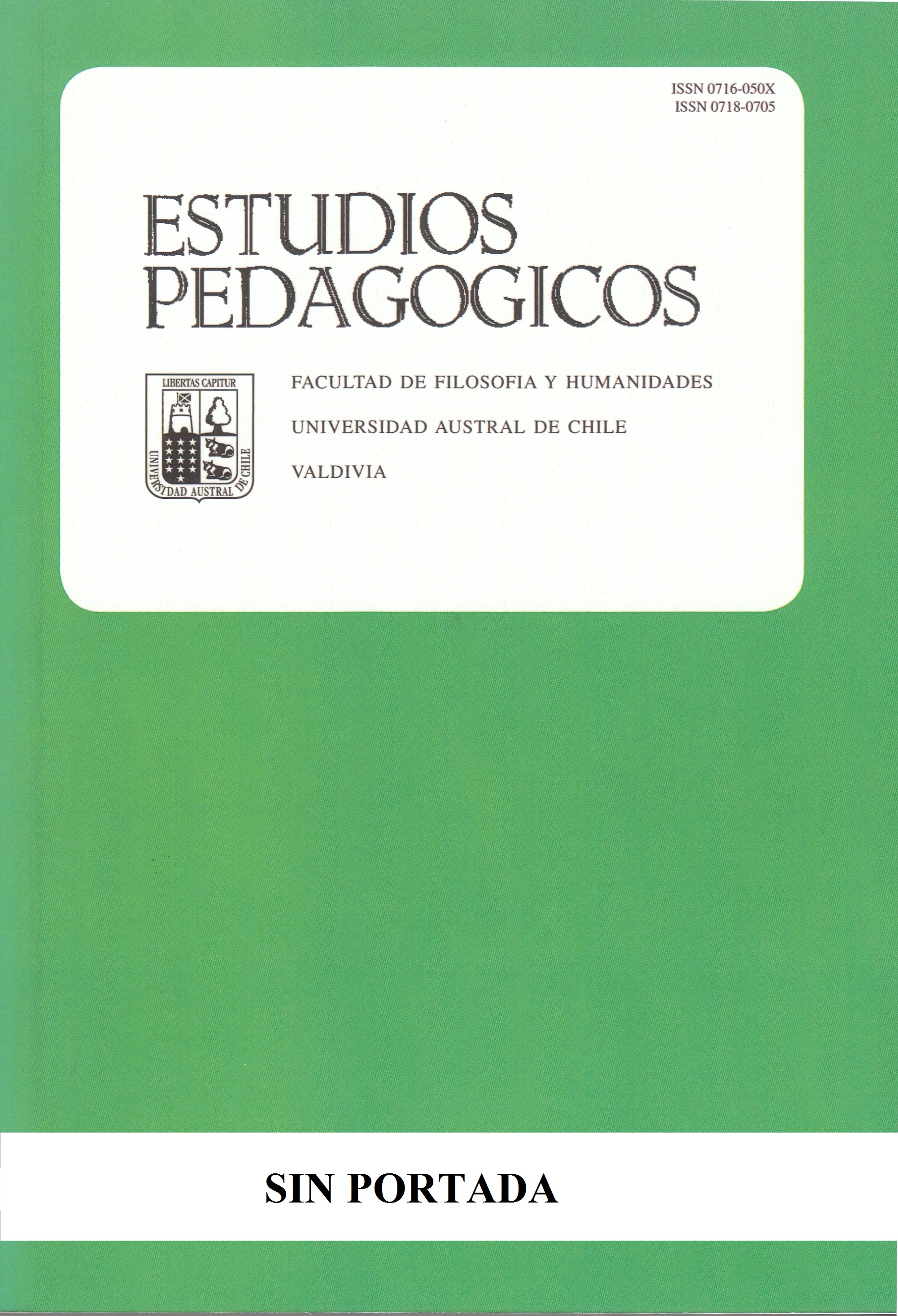Cooperative learning and peer tutoring in virtual university environments
Main Article Content
Abstract
University education tends to create more virtual learning spaces and promotes methodologies to enhance the teaching-learning process. This work aims to demonstrate the potentials of peer tutoring, web 2.0 tools, and cooperative learning to develop knowledge and skills in college students of socio virtual environments, in different degrees of the University of Cantabria. The objectives are to learn in depth the scope of the educational innovation process proposed and to know what is the value given by students to 2.0 tools, collaborative learning, and peer tutoring. A qualitative methodology is applied to implement a virtual collaborative work and evaluate results in a Focus Group. The results show that students understand the methodological and theoretical concepts proposed and developed skills related to socio-professional self-regulation, reflective and critical thinking, knowledge, expertise and know how to be. Key categories are identified after the experiment.

